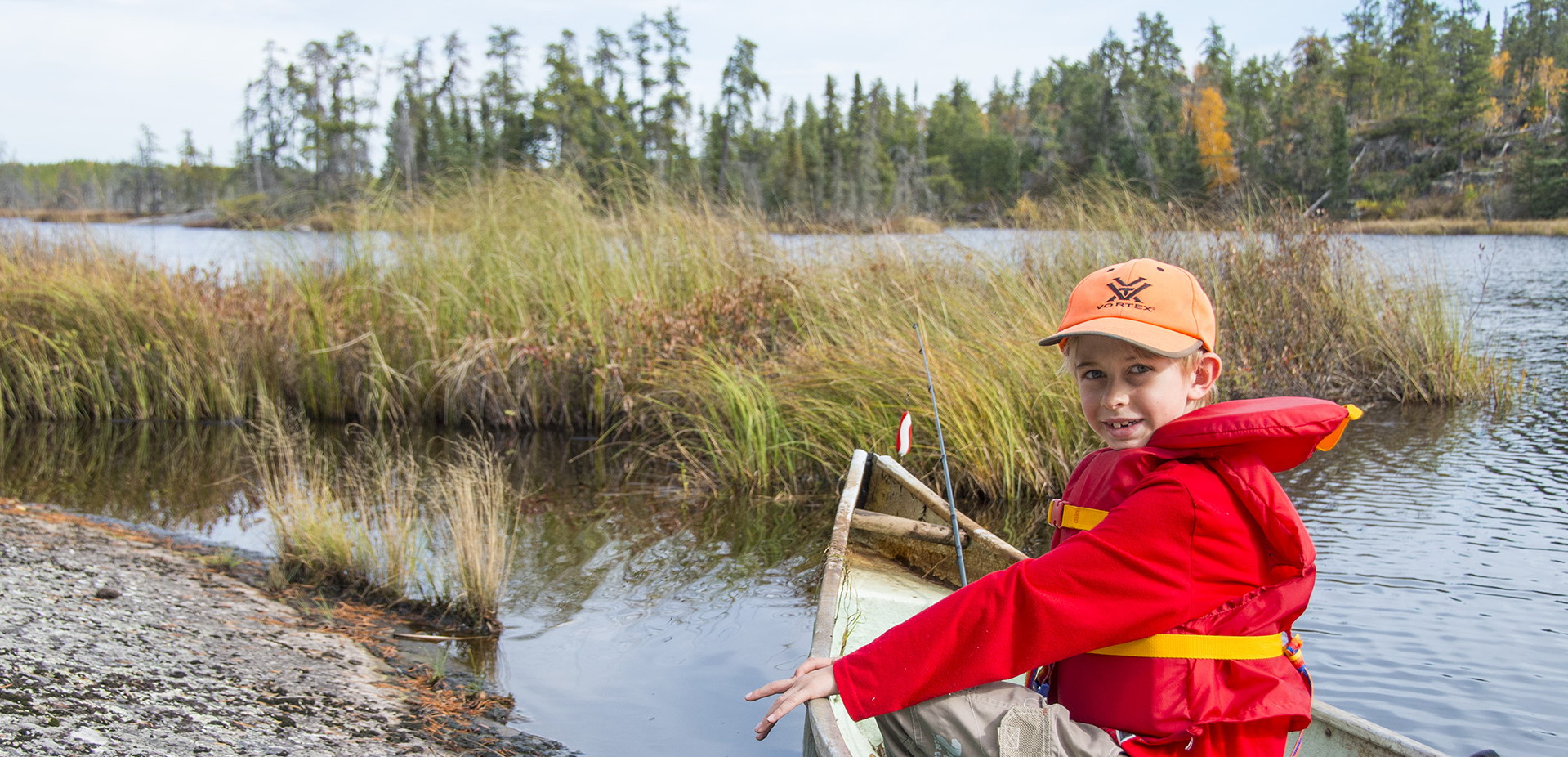Our Lakes and Rivers Need the Navigable Waters Protection Act

In the fall of 1997, a concerned citizen began investigating the environmental impacts of logging in eastern Manitoba. When she went afield to investigate, she came across a logging bridge over the Manigotagan River. Through her research, she discovered that this bridge and 24 other river and stream crossings had been built, all without Navigable Waters Protection Act (NWPA) permits. The water crossings allowed unfettered access into wild areas that hadn’t seen the bite of an industrial logging machine prior to this. These violations of the NWPA raised warning flags in the media and with the general public about destructive logging developments.
On October 18, the federal government tabled its second omnibus bill of the year, Bill C-45.
Advertised as a bill to enact the remainder of the 2012 budget commitments, its 400-odd pages contain changes to more than 40 existing Acts, including the controversial elimination of the Navigable Waters Protection Act.
Earlier this year, the Wilderness Committee joined hundreds of other organizations and tens of thousands of Canadians in speaking out against the first Omnibus Bill C-38, on Black Out Speak Out day. Bill C-38 gutted many federal environmental regulations, including removing fish habitat protection from the Fisheries Act.
When the current members of the federal government campaigned to become elected leaders of Canada, there was no mention of eliminating protection for water or fisheries. They did not suggest they would kill the National Round Table on the Economy and Environment, nor did they suggest they would close the greatest freshwater research institute in the world—the Experimental Lakes Area. It was never suggested that the NWPA, 130 years old and considered Canada’s first environmental law, would be eliminated. Canadians were not given an opportunity to discuss these closures and legislative changes, nor to vote upon them.
The introduction of over 100 pieces of Canadian legislation in only two bills is an assault on democracy. Disguising sweeping cuts to environmental regulations is an assault on nature, and on the environment that provides us clean air and clean water, and life itself.
As the Wilderness Committee mentioned in our recent news release, the Navigable Waters Protection Act was an important trigger for environmental assessments. If a project was large enough that it required permits under the NWPA, watchdog environmentalists and concerned citizens like ourselves took notice and reviewed the project. Application permits for projects under the NWPA became the public announcement of impending development, and made information available to the public on the project. Without this mechanism, we may never know of a project, or any details of a project, until it’s too late.
The person who discovered the logging bridge across the Manigotagan River was the late Alice Chambers, a well-known and tireless citizen activist. She is the only person to have twice received the peer-chosen distinction of the Manitoba Eco-Network Protecting Our Earth Award, now called the Anne Lindsey Protecting Our Earth Award. The library at the Eco-Network has even been named after her. The bridge Alice discovered was removed and never replaced. The lands and waters she helped preserve and raise awareness about—the Manigotagan River and Nopiming Provincial Park—have now been permanently protected from logging.
The Navigable Waters Protection Act has earned a place in Manitoba, as a tool to safeguard our province. We can’t allow it to be washed away.
Photo: The Manigotagan River—just one of more than 100,000 lakes and rivers in Manitoba that could previously count on protection from the Navigable Waters Protection Act. Photo by Eric Reder.
